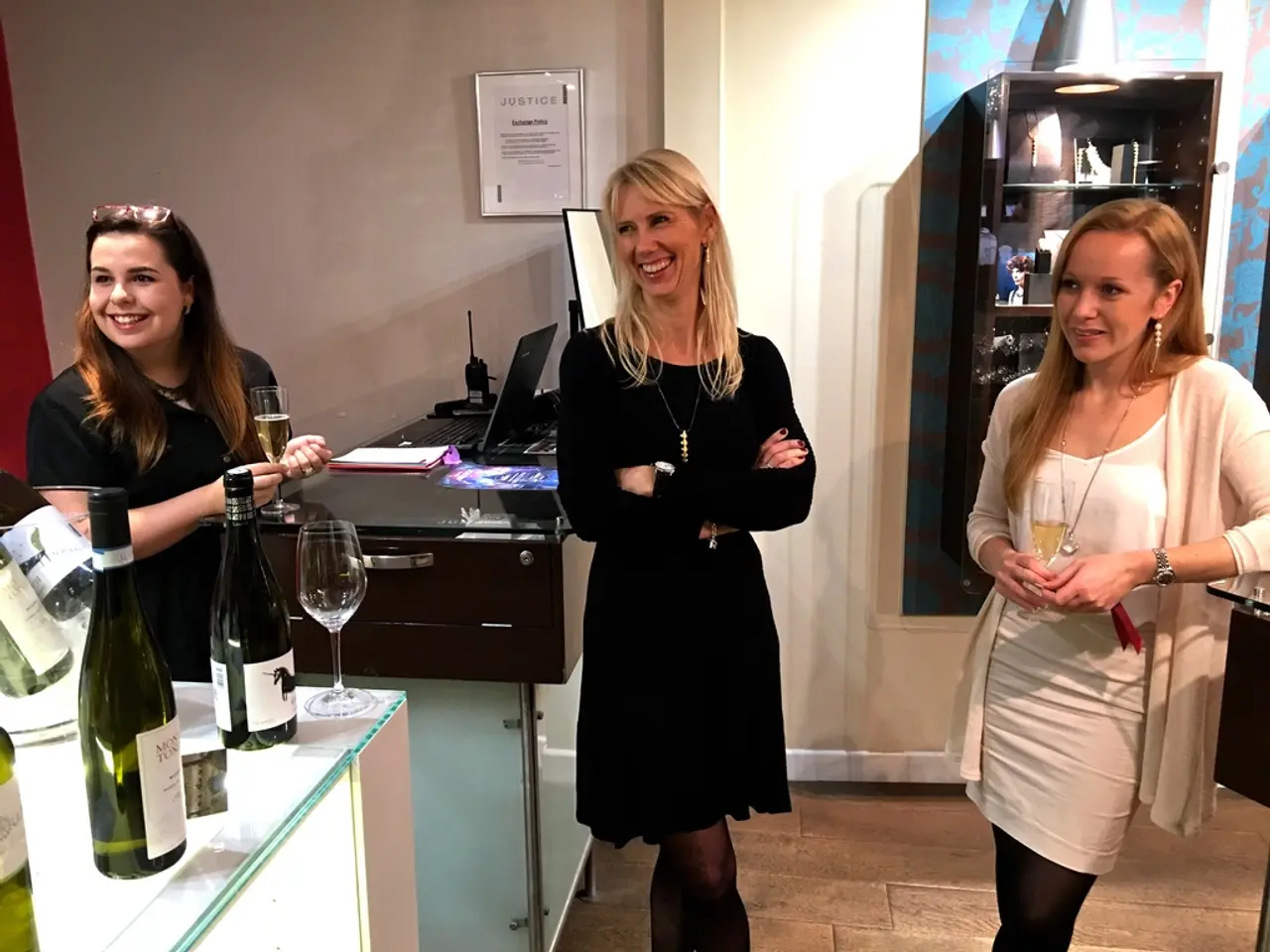Sewing Liberation: How Hindu Women in Sindh Craft a Life Beyond Impoverishment
In the heart of Mirpurkhas, Pakistan, the BRIT Women's Garment Unit is making a significant impact on the lives of marginalized women, particularly those from Hindu-majority rural villages. This initiative, launched with a Rs2 million ($7,000) interest-free loan under the Sindh government's People's Poverty Reduction Program (PPRP), is providing stable income and skill development opportunities in an area where female labor force participation is very low compared to men.
The garment unit currently employs 20 women and plans to scale up to as many as 100 machines. This expansion indicates growing economic opportunities for the women involved. The average monthly income for the women working there is approximately Rs25,000 ($88), a substantial and life-changing income for families in southern Sindh, many of whom live in poverty and low-literacy conditions.
Sanjana Dileep, a 25-year-old divorced mother, is one of the four women who co-own the BRIT Women's Garment Unit and the fastest stitcher at the factory. She took the job to help pay for her education, support her widowed mother, and provide for her two younger sisters. Dileep expressed pride and excitement about earning and contributing financially, reflecting growing confidence and self-reliance among the women involved.
The BRIT Women's Garment Unit manufactures suits and jackets that are exported, connecting local women to international markets through major exporters in Karachi. However, the global economic situation has affected the export pipeline of the factory, leading to a shrinkage in business. In response, the team is exploring the possibility of building their own export platform to bypass middlemen.
The unit offers one of the very few opportunities for women’s economic empowerment and independence in traditionally conservative rural areas with low female literacy. It has enabled Hindu women, a marginalized community in rural Sindh, to break traditional gender roles where previously only men worked, thus fostering social change and community uplift.
This initiative counters negative social indicators such as the high child labor rate by providing productive engagement and alternative livelihoods for women and their families. In Mirpurkhas district, where the BRIT factory is located, over 1.68 million people live, more than 70 percent in rural areas, with a literacy rate of just 34.8 percent among women. Social indicators show that 37 percent of children in the district are engaged in child labor, the highest rate in Sindh.
The BRIT Women's Garment Unit represents a rare opportunity for personal and community uplift, especially for marginalized women in rural Sindh. Eighteen-year-old Madhu Omprakash joined BRIT a month ago and is now one of its fastest learners. The factory employs the CMT (Cut, Make and Trim) model, partnering with larger firms that supply pre-cut fabric and export the finished goods. The factory produces export products, partnering with companies like Apex, Emaan, Zohra, and others.
As the BRIT Women's Garment Unit continues to grow and evolve, it is poised to make a significant impact on the lives of many more women in rural Sindh, offering them a chance at financial independence and social empowerment.
- The BRIT Women's Garment Unit, situated in Mirpurkhas, Pakistan, is revolutionizing the lives of marginalized women, particularly from Hindu-majority rural villages, by providing business opportunities and skill development.
- Despite the global economic challenges affecting the unit's export pipeline, the team is endeavoring to build their own export platform, aiming to bypass middlemen.
- In addition to the garment industry, the BRIT Women's Garment Unit also fosters social change and community uplift in areas with low female literacy rates, traditionally conservative rural areas.
- The unit serves as one of the few avenues for women's economic empowerment and independence, countering negative social indicators such as high child labor rates by offering productive engagement and alternative livelihoods.
- Sanjana Dileep, one of the four co-owners of the BRIT Women's Garment Unit, is a shining example of the growing confidence and self-reliance among the women involved, using her income to support her family and invest in her education.
- The BRIT factory, manufacturing suits and jackets for international markets, partners with major exporters in Karachi and other companies in the fashion-and-beauty and lifestyle industries, such as Apex, Emaan, and Zohra.
- The People's Poverty Reduction Program (PPRP) under the Sindh government provided an initial interest-free loan of Rs2 million ($7,000) to launch the BRIT Women's Garment Unit, which currently employs 20 women with plans to scale up to 100 machines.
- The average monthly income for the women working at the BRIT Women's Garment Unit is Rs25,000 ($88), a substantial increase that offers hope for families living in poverty and low-literacy conditions in southern Sindh. This income also contributes to the general-news sector by improving the overall financial stability and self-sufficiency of the community.




